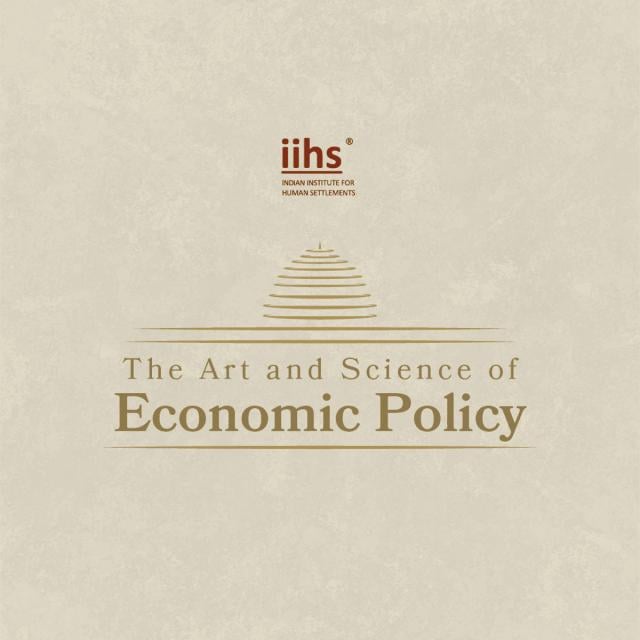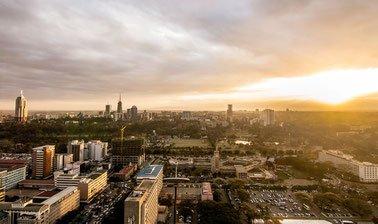Aromar Revi
Aromar Revi is the Director of the Indian Institute for Human Settlements (IIHS) – India’s first prospective National University for Research and Innovation to address challenges of urbanization through an integrated programme of education, research, consulting and advisory services. He has been a senior advisor to various ministries of the Government of India, consulted with a wide range of UN, multilateral, bilateral development and private sector institutions and works on economic, environmental and social change at global, regional and urban scales. Aromar has led over a hundred major research, consulting and implementation assignments in India and abroad; helped structure, design, and review development investments in excess of $4 billion; worked on three of the world’s ten largest cities, with communities across twenty-five of India’s twenty-eight states apart from multiple international projects in half a dozen countries. He is one of South Asia’s leading disaster mitigation and management experts and has led emergency teams to assess, plan and execute recovery and rehabilitation programmes for ten major earthquake, cyclone, surge and flood events affecting over five million people. Aromar is considered a leading expert on Global Environmental Change, especially on Climate Change adaptation and mitigation. He was one of the coordinating lead authors for the Urban Areas section of the IPCC 5th Assessment report in 2014 and for 2018 IPCC Special Report on Global Warming of 1.5 °C that assesses the feasibility of mitigation and adaptation options and defines potential implementation pathways and investment needs to implement the Paris Climate Agreement. He also serves as a member of the Global Advisory Board for the Global Assessment of Risk report (2011). He works on the dynamics of macro-governance and on long-range futures for India and South Asia. He is currently involved in developing India 2050, a dynamic long-range national economy-resource-demographic model for India.



